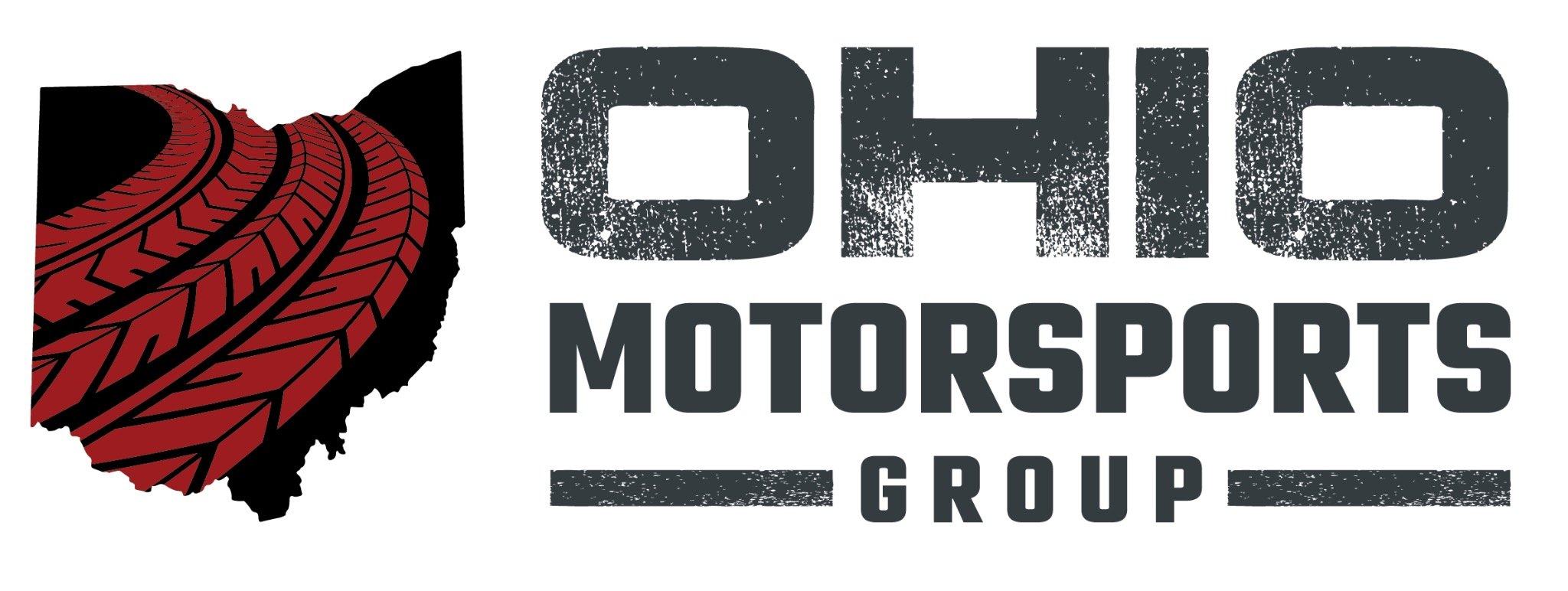-
Posts
7,703 -
Joined
-
Last visited
-
Days Won
170
Content Type
Profiles
Forums
Gallery
Store
Events
Everything posted by Tpoppa
-
When I lived in Meigs County, you knew when the coyotes were around. It's when the neighbor's pets start vanishing.
-
One of the best articles I have read on this subject. It was written before the tradegy in CT: http://kontradictions.wordpress.com/2012/08/09/why-not-renew-the-assault-weapons-ban-well-ill-tell-you/
-
http://www.youtube.com/watch?v=Zgnayxg8IaU
-
I thought it was very respectful to the CT victims to wait a few days before engaging in this dialogue. It is much more respectful than how the media handled it. We'll see what they say...
-
Perhaps, but that is a different conversation.
-
Not a machine gun at all. It is not an automatic weapon and can't be legally converted unless you happen to have a Class III license.
-
You know an AR15 is not a machine gun, right? You pull the trigger it fires once.
-
otoh...I've just lost much confidence in American politicians, their ability to use their brain, and their judgement..
-
Your employer wants to avoid a liability lawsuit = Guns are bad? Wow?
-
Funny story... A good freind of mine keeps a shotgun in the house. About 2 years ago a crackhead broke into his house. At the exact moment of the breakin, my buddy was in his kitchen sharpening an ax. He is a contractor and uses the ax for tearing down walls, etc. ...when the police arrived said crackhead was on the ground with a very sharp ax at his neck. He was in tears and had literally pissed himself. 99.9% of the time he would have grabbed the shotgun, unless he just happens to be holding an ax. Shit happens.
-
I had someone enter my apartment, while I was in bed. I grabbed my home defense peice and addressed the situation. In the Marines, I was taught a gun is not to be used as a threat...you draw a weapon with the intention of using it. I view guns as a last resort. When the a-hole got into my apartment, I was able to neutralize the threat while my gun remained concealed. He was lucky.
-
Defending People Like equating an assault rifle to a nuclear bomb??
-
NC Trying to reason with Magz is pointless. He is stubborn, convinced he is right, and wrong on many counts. Yes, a very annoying combination. Pointing out his flawed logic is pretty easy, and sometimes even entertaining. But his simplistic view of the world around him will not change.
-
I'll bet the sights are ok. See what kind of groups you get from a rested firing position before you adjust the sights.
-
Agree on non-teacher staff. It is a first reposnder that can take action before police can get there. If a School Marshall plan ever actually happened, just knowing they exist would make schools a less-soft target. That might be enough to deter a lunatic from entering a school.
-
see edit.
-
I disagree. Air Marshalls are kept secret for good reason. You know don't know who they are. If you are a bad guy how could you take out the Air Marshall if his idenity is secret? Also, would you really want kids think they has to see someone armed in order to feel safe? edit...I think I misread Conn-e's comment
-
Re #5 From a previous thread: I don't like the idea of teachers carrying guns in the classroom. I think it could become a distraction and send the wrong message to kids. I think a safe in a secret location would have some merit. I think the mission of a 'School Marshall' would need to be clearly identified. They would not be not law enforcement. They would be a first responder with very specific rules of engagement. If they couldn't neutralize a threat at least they could offer some resistence, reducing or preventing a tradgedy. Lost to consider... -Background/Psychological checks, even though teachers already go through a form of this. -It would have to be voluntary, perhaps 'extra duty' could be offered. -Training and training costs. -Weapons and ammunition selected to minimize risks of collateral damage. Again, I think this in an interesting discussion point. There are certainly lots of pros and cons to be considered.
-
#5 Marshall concept I suggested in another thread. I think it's worth discussing.
-
The UAW has had (past tense) an uneccesary amount of leverage over the Big 3. Much silliness was included in UAW contracts over the years because the Big 3 could not afford mass strikes. It was a cost/benefit analysis, like choosing between the lesser of two evils. Do you blame the UAW for pressuring the Big 3 or the Big 3 for succumbing to UAW pressure? It really doesn't matter. Luckily, in the last several rounds of negotiations the UAW has had to give concessions. During the auto bailout there were more concessions. Michigan going Right to Work (26th or 27th state to do so) will lead to further weakening of the UAW. The disadvantage of dealing with the UAW is shrinking. You are welcome to state all the theory you want and claim it's fact. I am not talking in theory and no it's not all public infomation that can be posted in a link.
-
A Rebate is a demand manipulation, resource leveling tool that most auto makers utilize in one form or another. The reason that American auto makers offer relativelly larger rebates is directly related to workforce (in)flexibility. UAW contracts specify a number of workers on a specific line and a number of hours per week. American auto makers know just as fast as anyone else when demand is below forecasts. Unfortunately, they cannot adjust output quickly due to an inflexible UAW workforce. In lots of cases, they must keep producing vehicles that they know ahead of time will be sold for deep discounts. Japanese plants (including those in the US) are more successful in shifting workers to different jobs to adjust to shifting demand. They do it with a very good record of not laying off workers. As a result of this non-UAW flexibility, they aren't forced incent buyers with huge rebates on vehicles they didn't want to produce in the first place. You could argue that this is partially due to bunring off inventory of supplies that have already been ordered. You could argue that, and you would be wrong. Japanese manufacturers have the similar agreements with their vendors so that is no different. The exception would be if vendor is also a UAW shop. Every rebate dollar adds up and they are all added into the price of next years vehicles. The State Legislature of Michigan know this...hence the Right to Work Bill.
-
way beyond cold blooded
-
Speaking UAW specifically... Ask yourself why you sometimes see big rebates on American cars, while rebates on Japanese cars remain much smaller. Both American and Japanese automakers deal with the same shifts in demand...so that is not the reason. Hint, the answer is in this thread.



